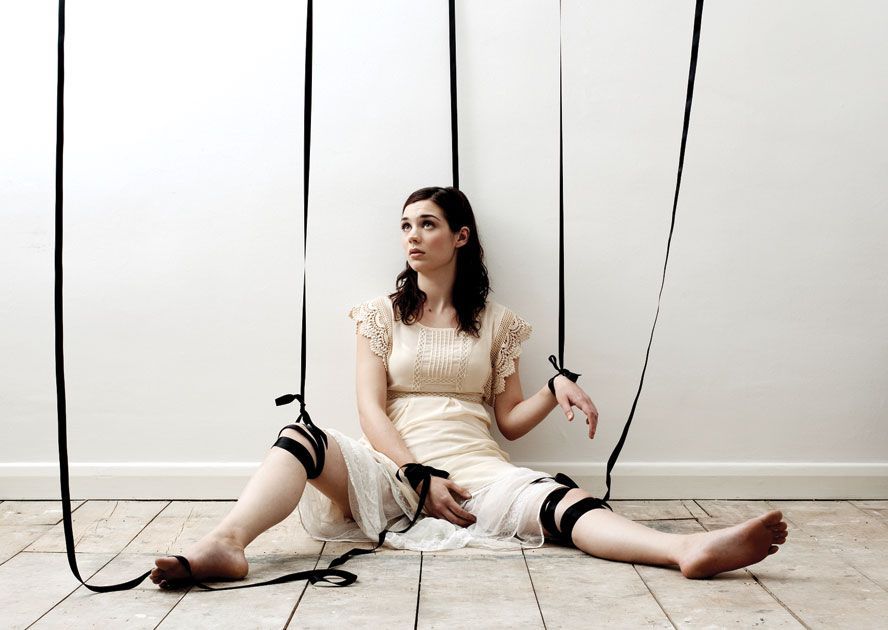So, your relationship has been struggling. You’ve both agreed to take a break. It’s important you now use the time apart constructively. Here we explore some beneficial strategies for making the best use of this break. The goal is to use this time to strengthen your relationship, rather than having it be a prelude to an “It’s over” conversation.
All relationships have highs and lows. The pressure of our day to day life, our job, kids, parents, health …. it can all lead to struggles within the relationship. There can be a breakdown in communication, trust, and conflict can be the result. As things start to unravel, the idea of a temporary break might seem a good idea. Getting some time out may allow us to get a better perspective and renewed positivity.
Understandably, most couples will find taking a break a very emotional and challenging experience. Even the thought of taking a break can fill some of us with dread and cause alarm bells. The following tips will hopefully make it an easier process, and will be beneficial in helping you reach the outcome you both want.
Before your Relationship Break
Be open in your communication! Honesty is vital. There is no point being anything but honest about what you’re feeling and what you need. Your partner needs to understand your perspective and why you see the need for a break. Your partner also needs to be aware of what your expectations are – what do you want out of this break? What are the goal and outcomes you both want? Also make sure you’ve agreed on what boundaries you will both stick to. For example, relationships with other people, communication between you both, or what you’re telling friends or children. Be clear so that there’s no confusion. And don’t forget that you need to LISTEN to your partner to ensure you are both on the same page.
During your Relationship Break
1) Cool Off
Get some space not just from your partner, but also from the relationship issues. When we’re in conflict situations, our brains can get taken over by emotion and it’s then difficult to have clarity on the issues. Decisions are best made when you feel well within yourself, not when you are full of insecurity fear, or rage. While taking a break, you’re not on each other’s radar, so you can have space to breath, collect your thoughts, settle your emotions, and relax.
2) Use Break Time Effectively
Be productive with this time you have apart. Consider the part that you are playing in the relationship and address any issues you feel you can work on. This is a good time for self-reflection and personal growth. There’s never been a better time to grab a self help book or watch some quality documentaries about building solid relationships.
3) Keep your Goals in Mind
This break isn’t a holiday. There are reasons behind it and goals you’ve both agreed you want to achieve. If these are not your focus – the break is not going to be of any help to your relationship. Stay focused on your goals and ensure you are working towards positive outcomes.
4) Tackle the Issues
Your overall goal for this break should be about improving your relationship. You now have time to think, focus and get creative. A break can give you both time to consider your issues more objectively, without the emotion or conflict arising when you’re together.
You should be able to come up with some new coping strategies to help with the problems you’ve been experiencing. Space will allow you to expand your ideas about how to deal with what’s not working. You can gain new and more positive perspectives on your issues (and each other) when you’re not actively involved in conflict.














